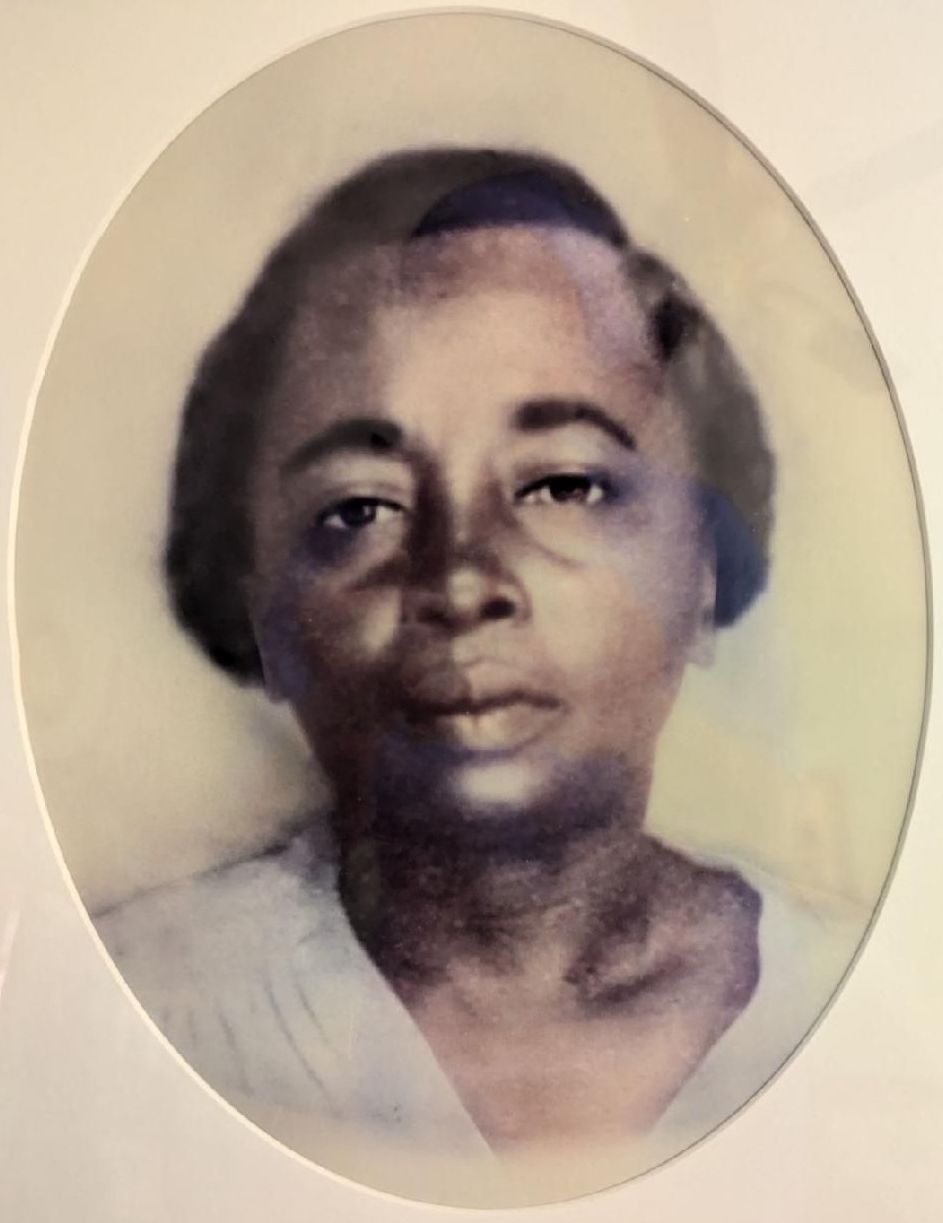Hattie DeBardelaben
Hattie DeBardelaben was a 46-year-old farmer and mother of eight children. She lived in Autauga County, Alabama, between Selma and Montgomery.
Case summary
Incident

In the late afternoon hours of March 23, 1945, while two of her sons were planting corn in the fields and Hattie DeBardelaben was washing clothes in her backyard, a car pulled up. Inside the car were four law enforcement officers – Autauga County Deputy Clyde White and three federal officers (John Barrenbrugge of the Alcohol Tax Unit of the Internal Revenue Department, J.C. Moseley of the Alcohol Beverage Control Board, working for the Alcohol Tax Unit, and L.O. Smith of the Alcohol Beverage Control Board). They had been searching for illegal whiskey in the county, and asked to search the DeBardelaben home. They did not produce a warrant. DeBardelaben denied having whiskey and consented to a search of her home, but when one officer struck her nephew, James Collier, she demanded they stop. The same officer then began beating her, and was joined by a second officer. DeBardelaben fell back against the pot of boiling water she’d been using to wash clothes, according to an affidavit from her youngest child, 15-year-old Edward. The officers sat her up on a chair while her 7-year-old grandson, Hiawatha, fetched her shoes. The officers loaded DeBardelaben and Edward into their car, and she died enroute to the Prattville County jail, her son next to her.
Aftermath
DeBardelaben’s husband, H.W. Underwood, prepared an affidavit on March 23, 1945, regarding the incident and submitted it to Emory O. Jackson, managing editor of Birmingham World, and NAACP Executive Secretary. On March 29, Jackson delivered the affidavit to NAACP Special Counsel Thurgood Marshall. The NAACP repeatedly contacted the Department of Justice imploring them to investigate DeBardelaben’s death. On April 11, 1945, Assistant Attorney General Tom C. Clark instructed FBI Director J. Edgar Hoover to open an investigation into the death of DeBardelaben. Jackson also submitted the information to Alabama Governor Chauncey Sparks on March 31, who referred the information to Solicitor Winston Huddleston for investigation. In October 1945, a state grand jury convened to investigate the death of DeBardelaben. It appears that the grand jury declined to indict; newspaper clippings indicate that White, Barrenbrugge, Smith, and Moseley went unpunished as they continued work in their positions. In February 1946, Clyde White was arrested for shooting Thomas “Buckfat” Robinson in the back, apparently after he resisted arrest. A local Judge ruled the killing as “justifiable” and acquitted White at a preliminary hearing soon after. In June 1954, White was elected as Autauga County sheriff.
Case summaries are compiled from information contained in different sources, including, but not limited to, investigative records, arrest reports, court filings, census records, birth and death certificates, transcripts, and press releases. In many cases, the records contain contradictory assertions.


